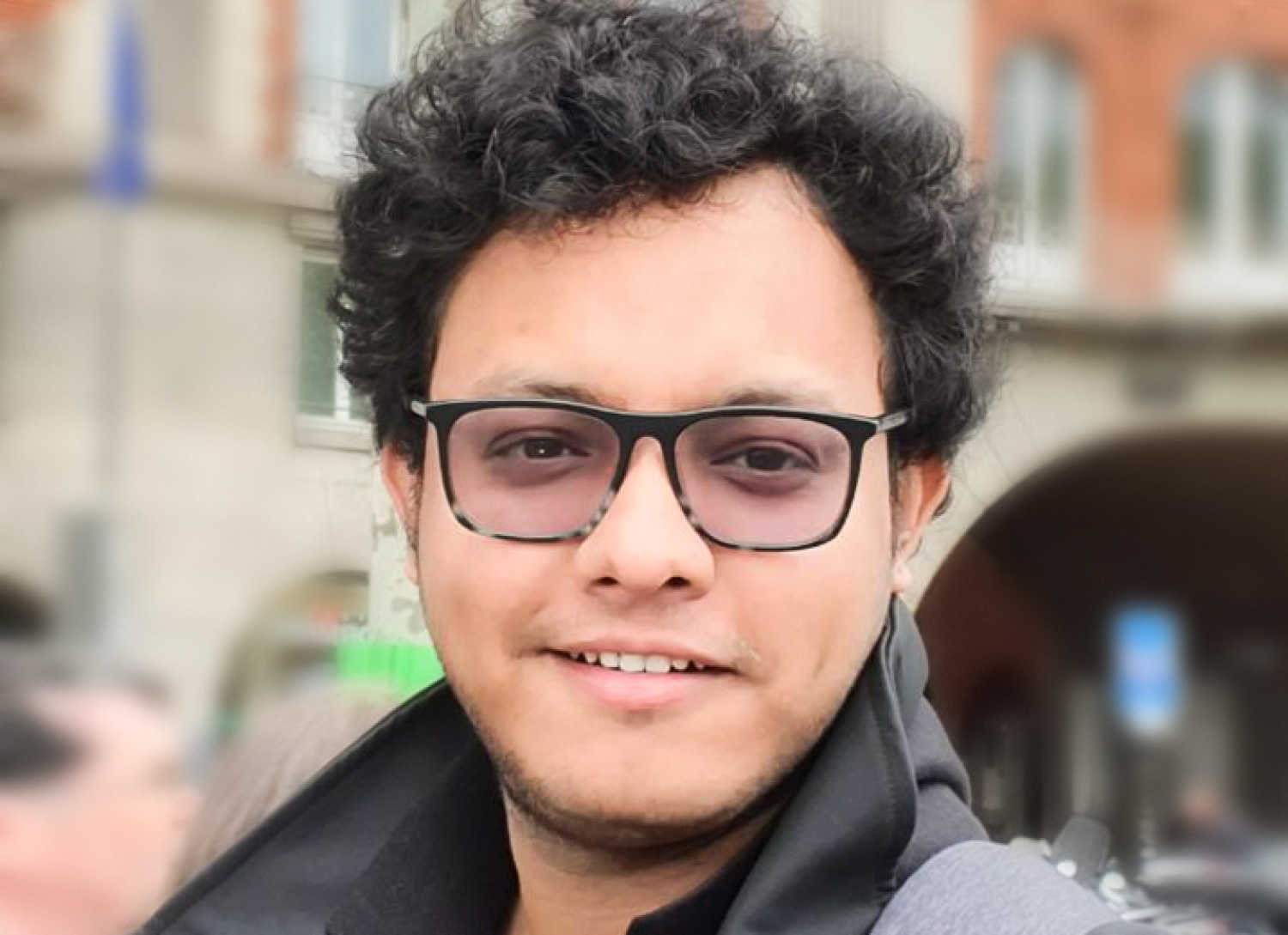Shapath Das, who is based in Berlin, Germany, shared his primary thoughts behind organizing the film festival and elaborated on the various categories through which he attempts to achieve his objectives.
Interview Assam Bengali French Malayalam
While practising art through films, money should not be the ultimate goal: Arthouse festival director Shapath Das
Kolkata - 07 Jan 2020 19:00 IST
Updated : 08 Jan 2020 11:17 IST


Roushni Sarkar
The fourth edition of the Arthouse Asia Film Festival, Kolkata, began on Sunday 5 January and will continue till Saturday 11 January. Apart from screening award-winning films from around the country and the globe, the festival focuses on providing space for independent Indian filmmakers.
Shapath Das, festival director, is quite excited about the event as this year he has been able to achieve certain goals that he had been focused on since the first edition of the festival in 2017. Das has served as a panellist at the Cannes film festival in France and is also working on international co-production. He was also part of the Audience of the Future programme at the Locarno International Film Festival in Switzerland.
Speaking to Cinestaan.com, Das, who is based in Berlin, Germany, shared his primary thoughts behind organizing the festival and elaborated on the various categories through which he attempts to achieve his objectives. Excerpts:
Why do you think Kolkata is the place to host this festival?
We thought Kolkata is the best place to host this festival primarily because we are from Kolkata. The city appreciates art, culture and entrepreneurship in a unique and grand way. I think it is still the cultural capital of the country. Since I work around the country and internationally too, I could have arranged the festival in any other city, where there are more connections and it is easy to get people on board and get the finance as well. However, I feel in Mumbai, ultimately money speaks and films with higher box-office collections are mostly celebrated.
On the other hand, in Kerala or Kolkata, films with National awards and acclaim from prestigious festivals are celebrated more and have huge audiences. I sincerely feel that if we intend to practise art using cinema as a tool, then we need to stay away from spaces where money has the ultimate importance.
What pushed you to organize this festival?
First of all, we thought that Indian independent filmmakers are not getting enough support and hence we started with the process of making space for them. Then the thought of organizing workshops occurred to us. In 2015, we organized a competition for the Kolkata International Screenplay award and asked for submissions from around the world.
However, out of close to 60 submissions, there were only four from India and one from Kolkata. We were quite shocked with the response and thought there was no point of organizing a competition where the majority contestants are from the USA and European countries.
In 2016, we came up with the idea of organizing a festival and started preparation. In 2017, we hosted the first edition and, from the very first time, we kept an international approach. Our focus is quality films and creating a support system for independent filmmakers through world-class masterclasses, workshops and panel discussions.
What is the special feature of the festival this year?
Since it was a new festival, it was difficult to reach our goal in the first years. For the last three years, we have been making our networks and creating a word-of-mouth. I am very proud and grateful that we have finally managed to host a world-class workshop that will be running parallelly with the film festival.
For the first time, the Produire au Sud workshop is coming to South Asia. It is an international co-production workshop for screenwriters and producers. This is an intense workshop that will also discuss the aspects of navigating films in international markets and will also discuss how to work with International funds and festivals.
Besides, we have a fantastic lineup for film screenings. Camille, which was selected and presented out of competition at the Locarno International Film Festival in 2019, is opening the Arthouse Asia Film Festival and is also in the Competition section. We will be screening You Will Die At 20, which came out from a Produire au Sud workshop held in France in 2015, and won the Best Debut film at the Venice International Film Festival last year. There are 10 films in the feature section and 13 in the short films section.
Also, this year we are launching a Business of Film section, which was first introduced at the Film Bazaar in Goa. French professionals are coming to attend panel discussions and offer international perspectives. Veteran Indian filmmakers have been invited to hold masterclasses. We have a filmmakers’ roundtable in the category Half Circle.
The Indian filmmakers’ roundtable will celebrate the diversity of Indian culture. We have only invited filmmakers who have had their films screened at international festivals in 2019. The roundtable will be moderated by Rajeev Masand, who hosts his own roundtable episodes with nationally acclaimed film artistes.
Also, one Half Circle session will be with the Bengali independent filmmakers, including Bauddhayan Mukherji, Pradipta Bhattacharya, Amartya Bhattacharya and Amitava Chatterjee, and the session will be moderated by veteran film critic Saibal Chatterjee from [the newspaper] The Hindu.
Related topics
Arthouse Asia Film Festival
